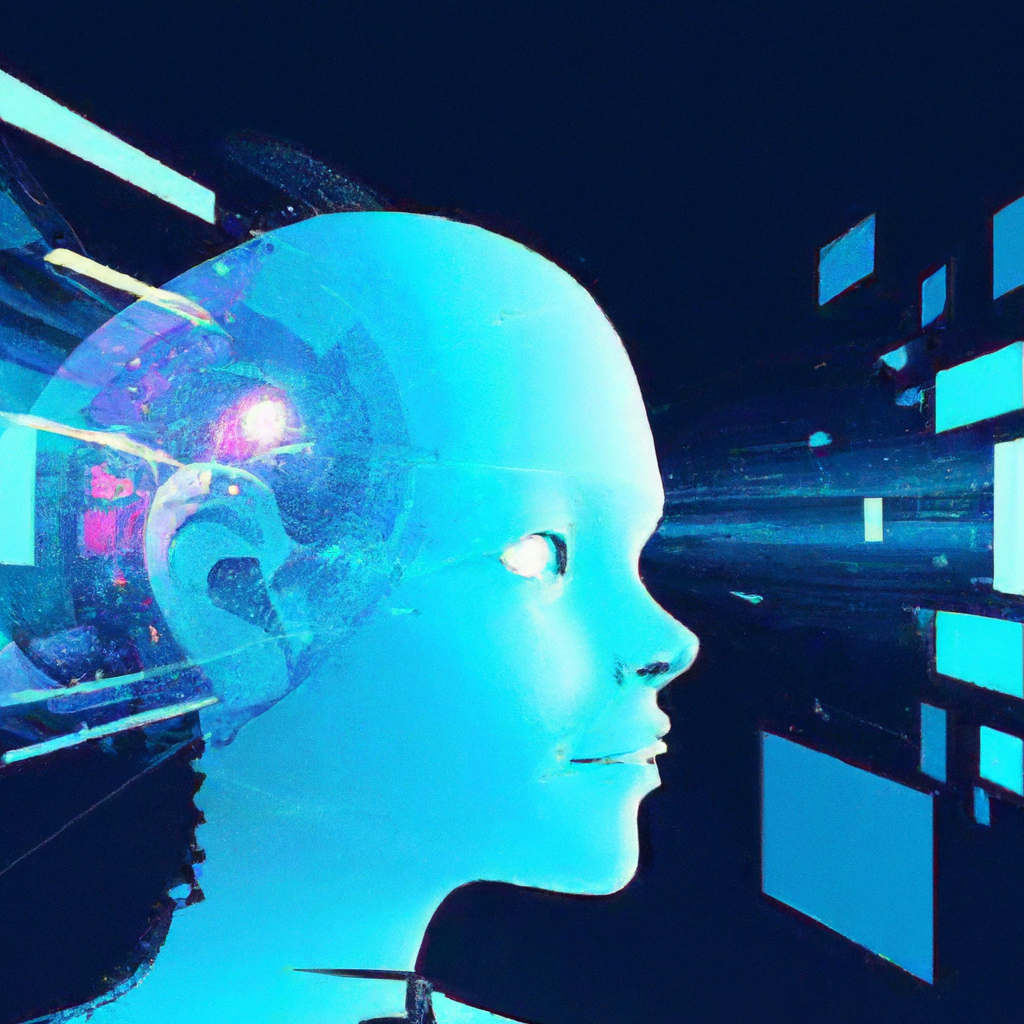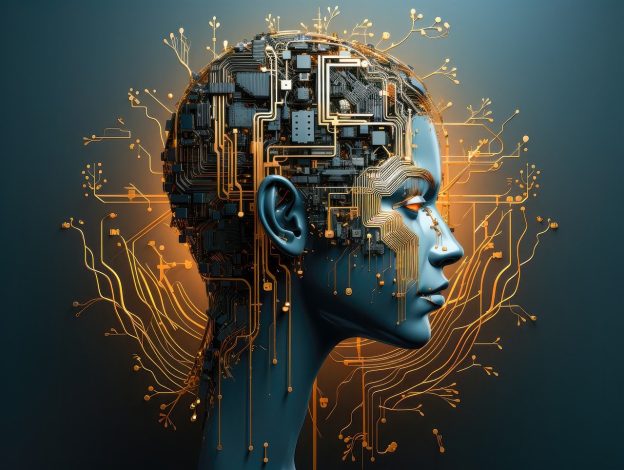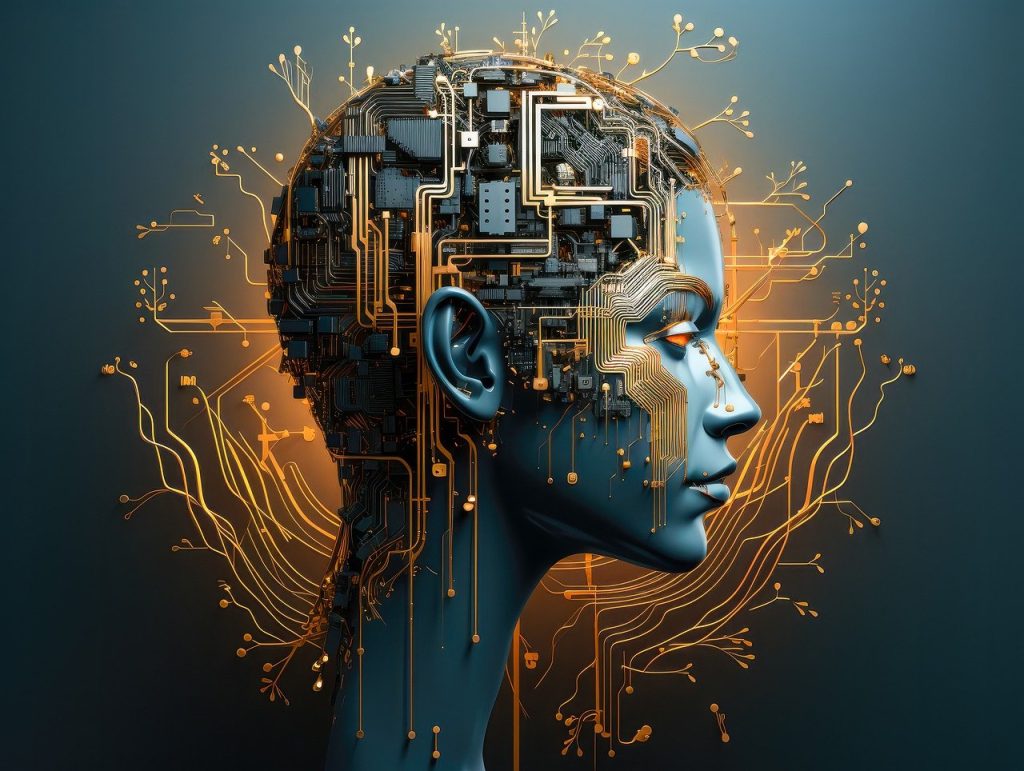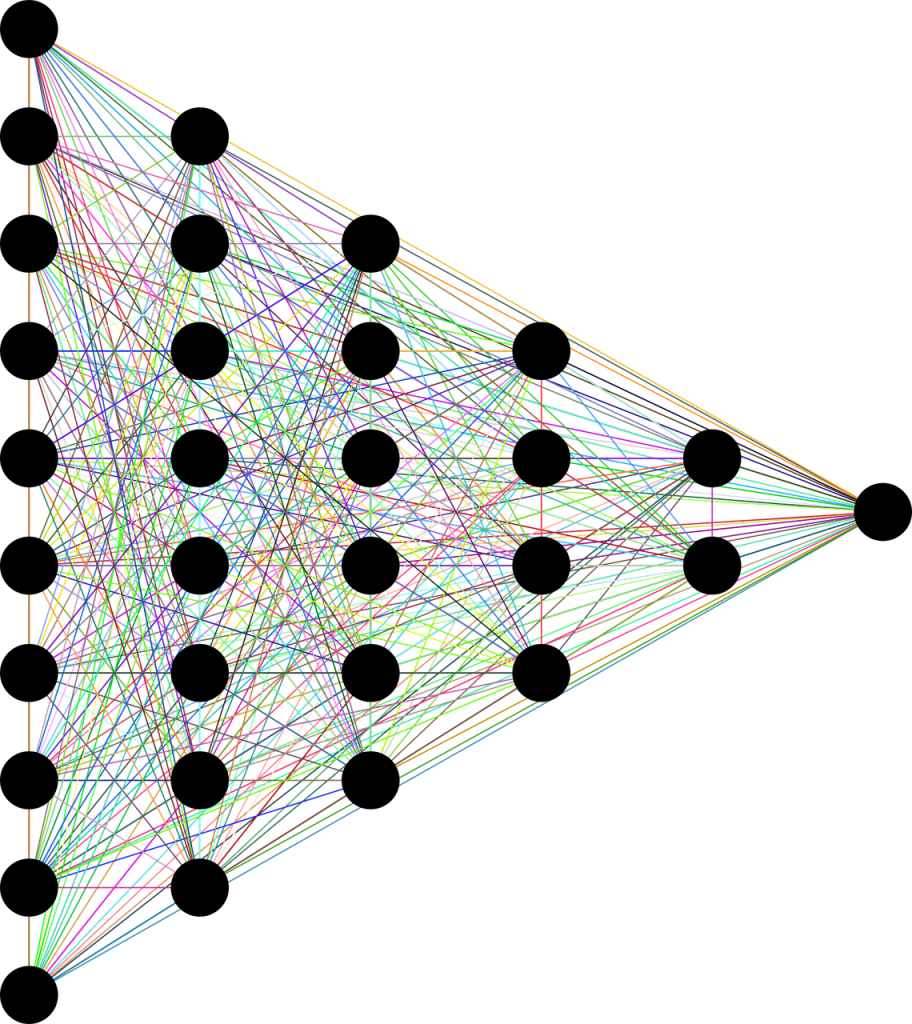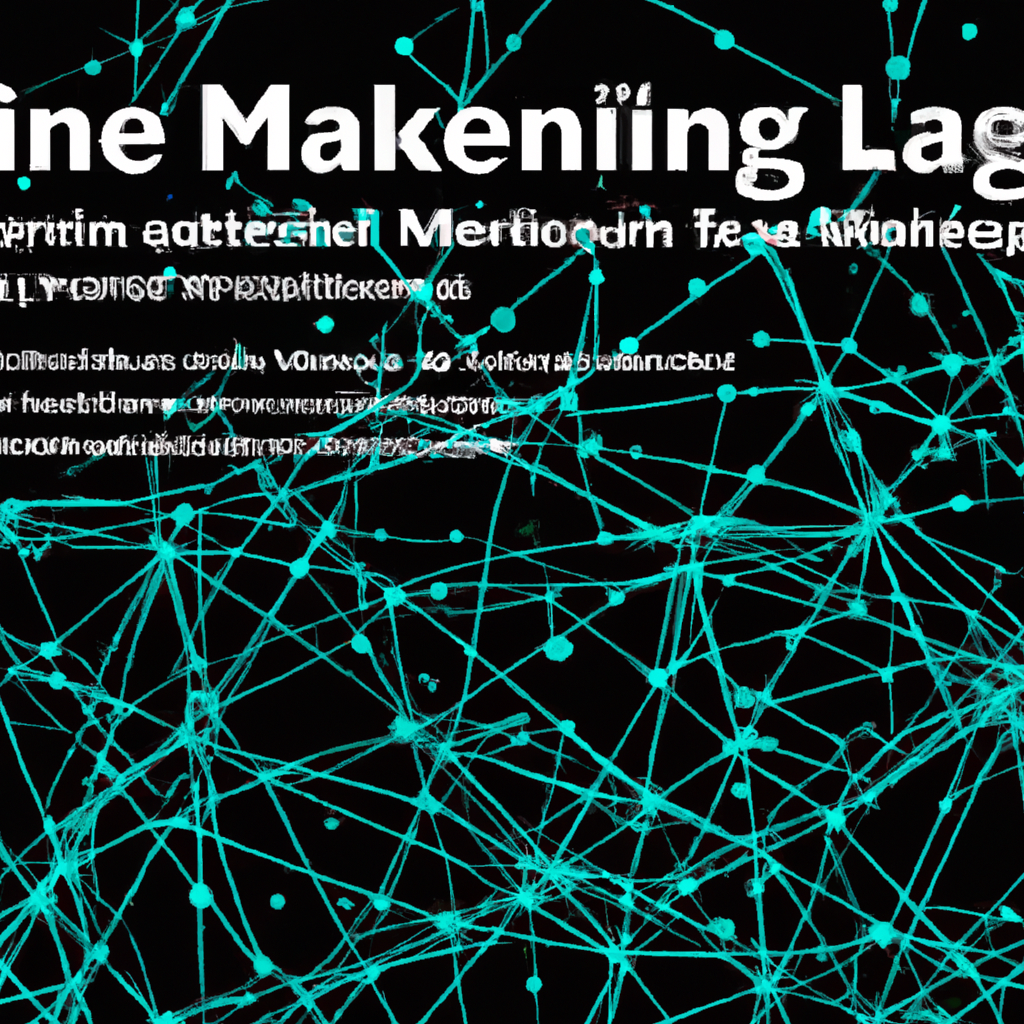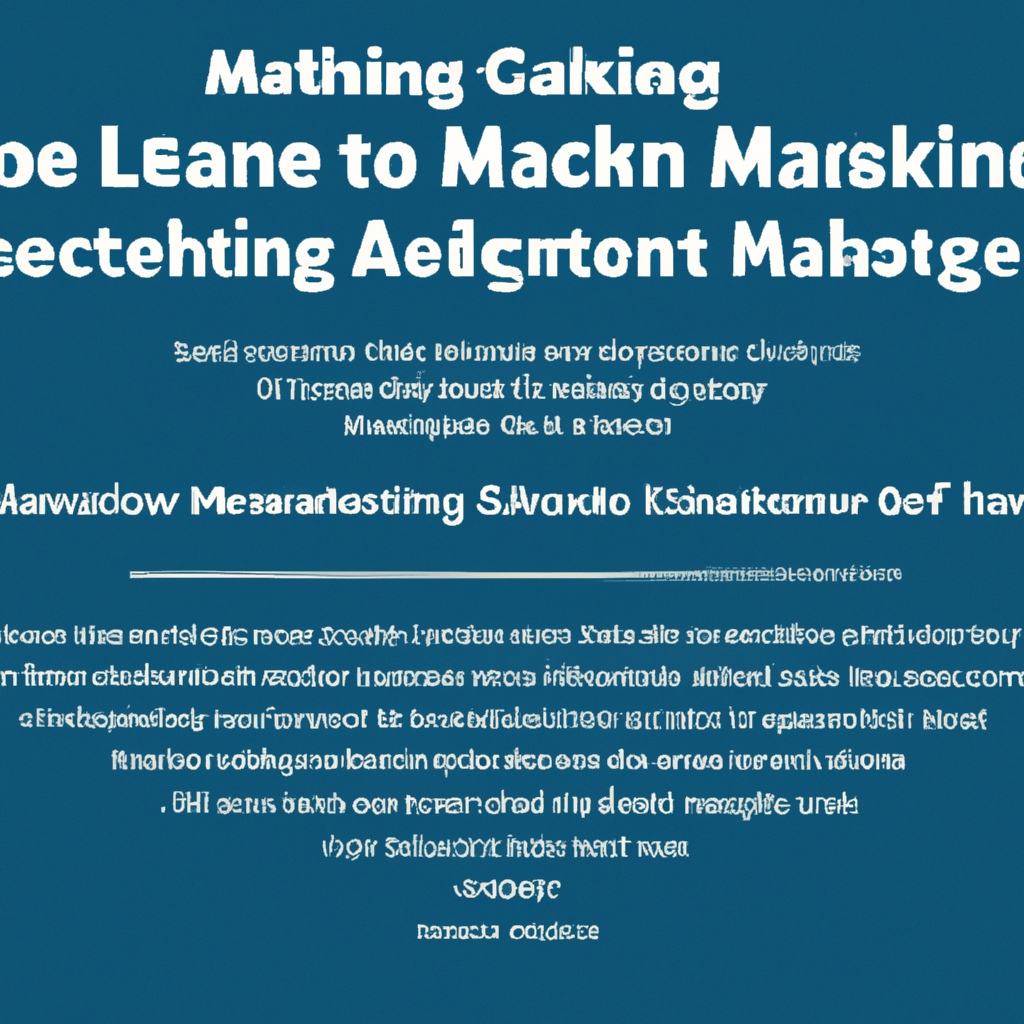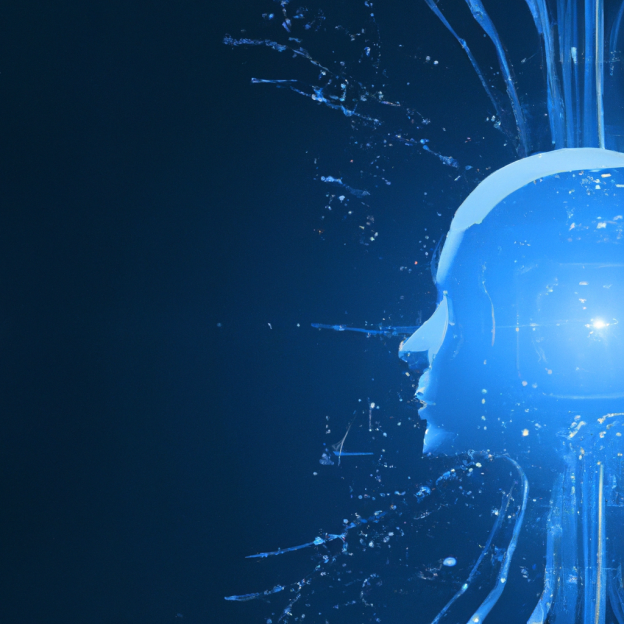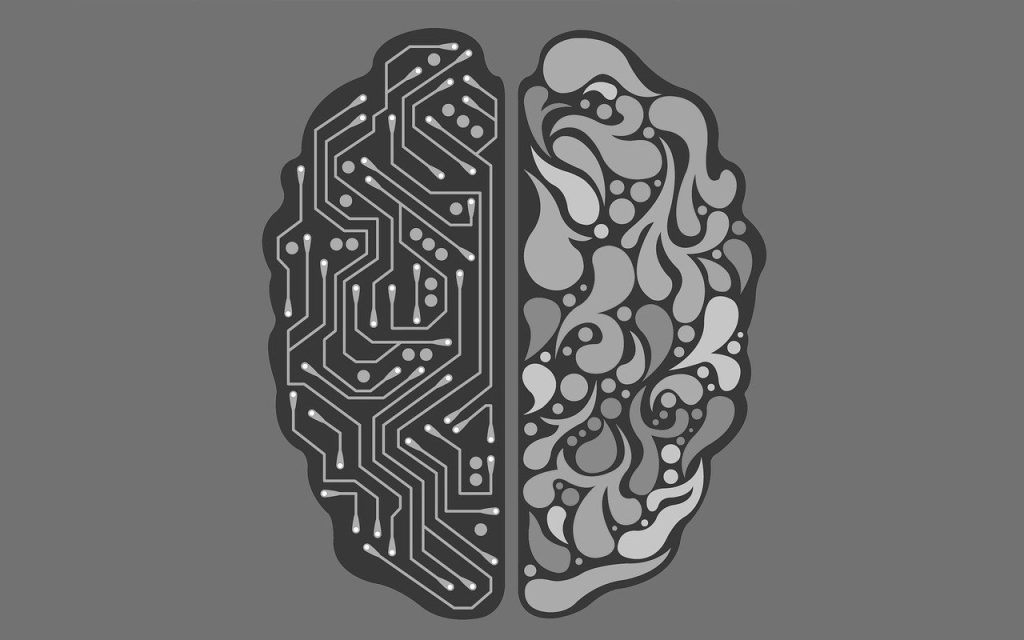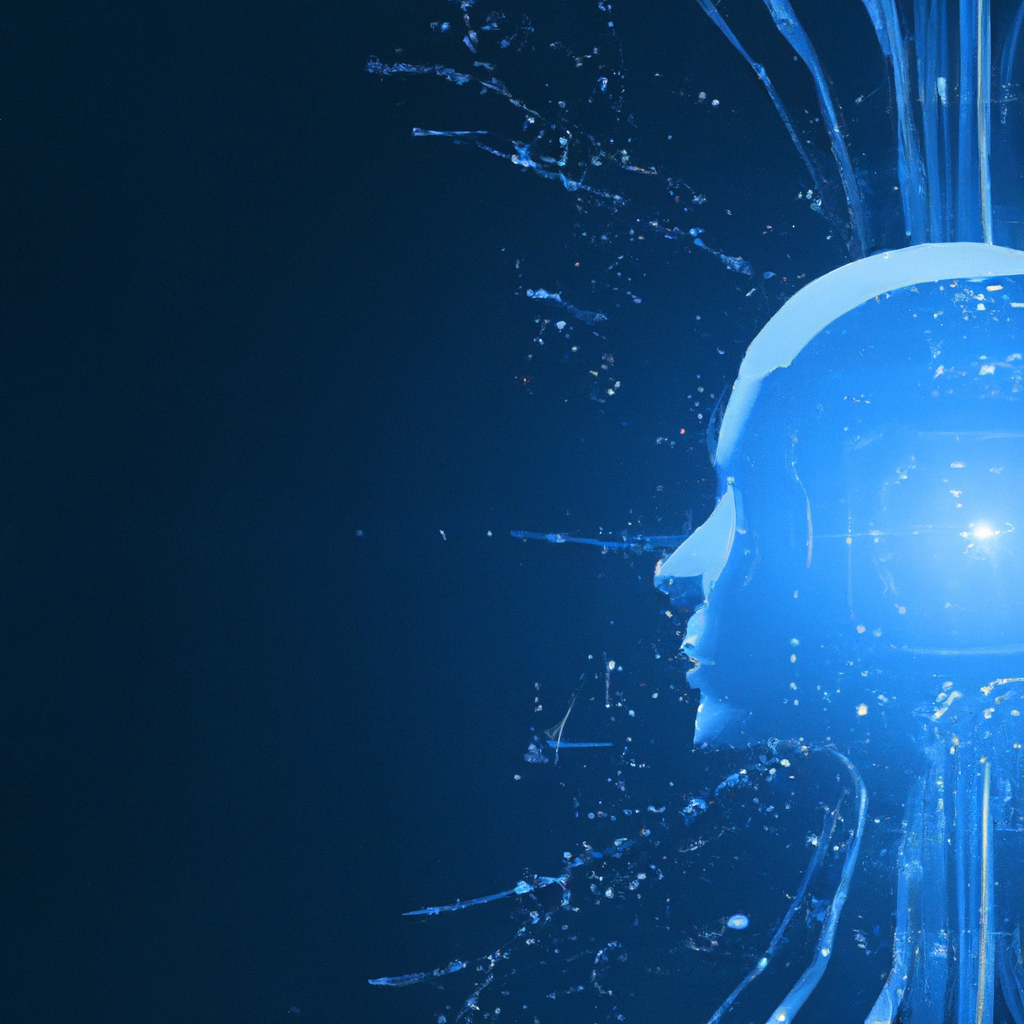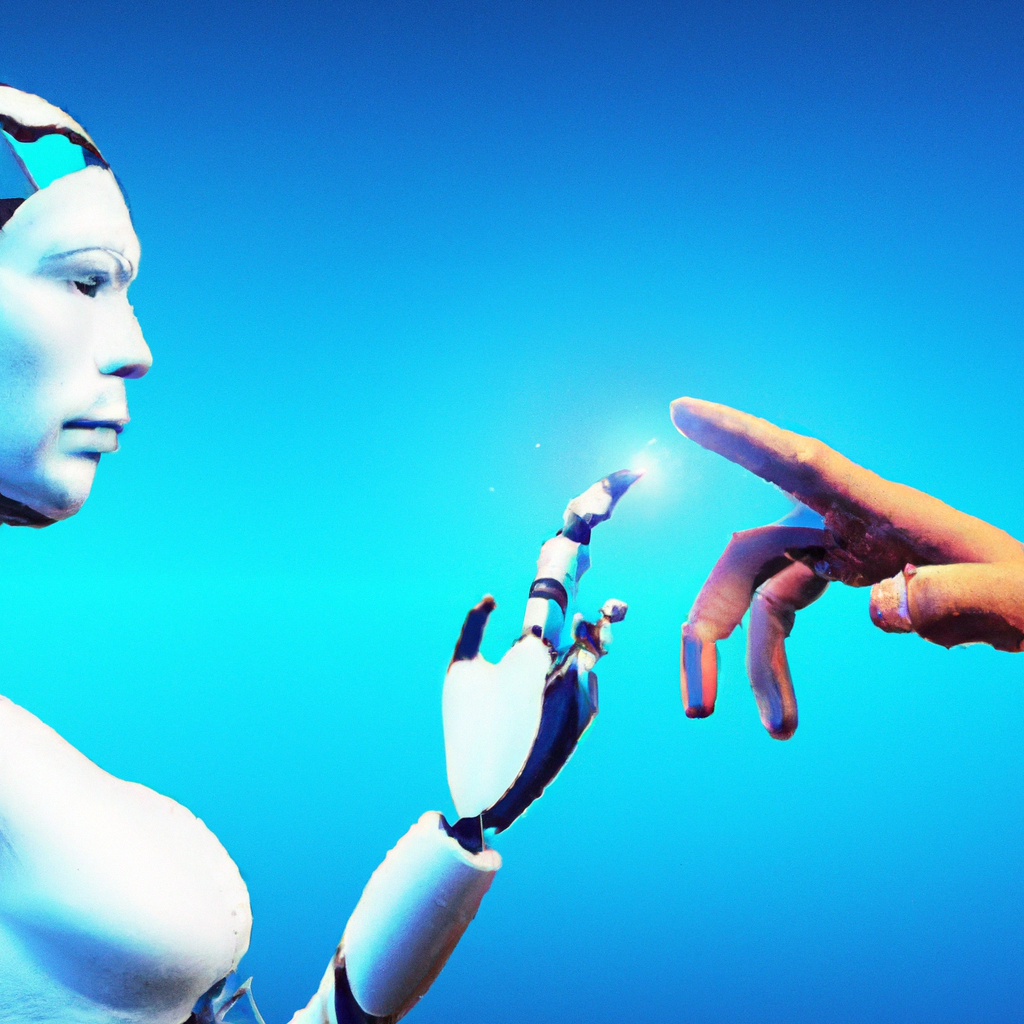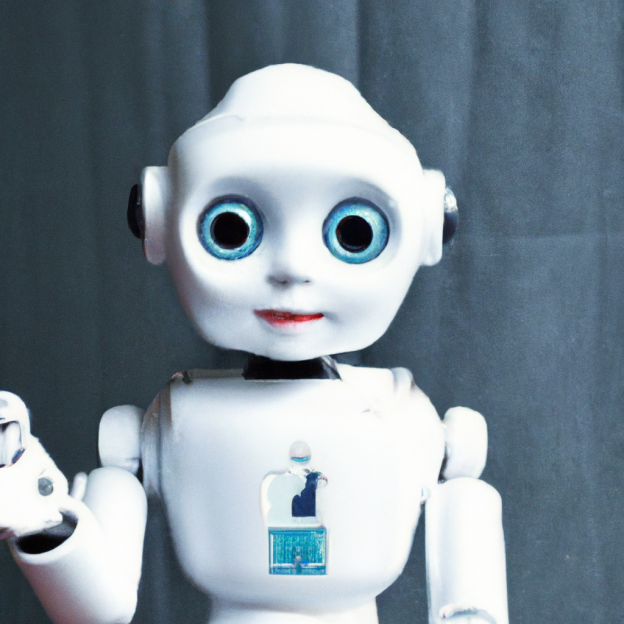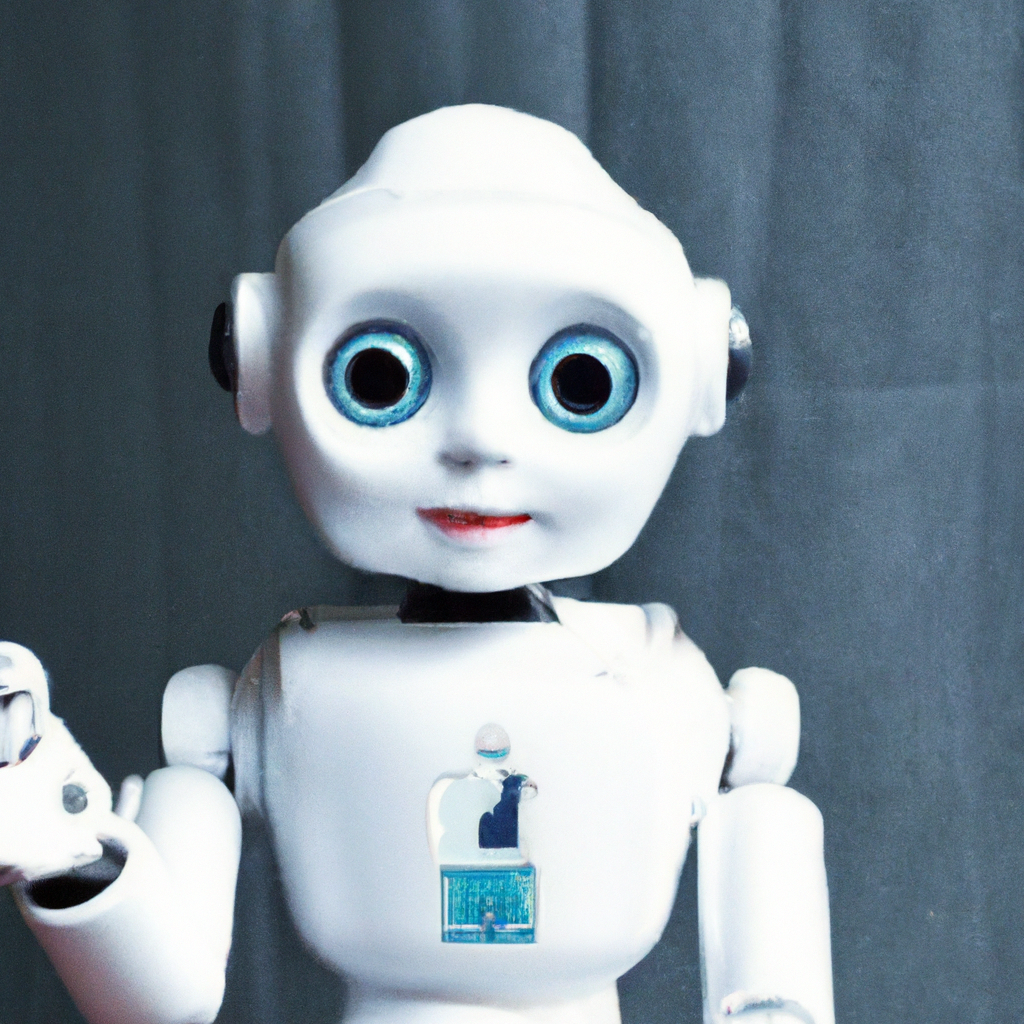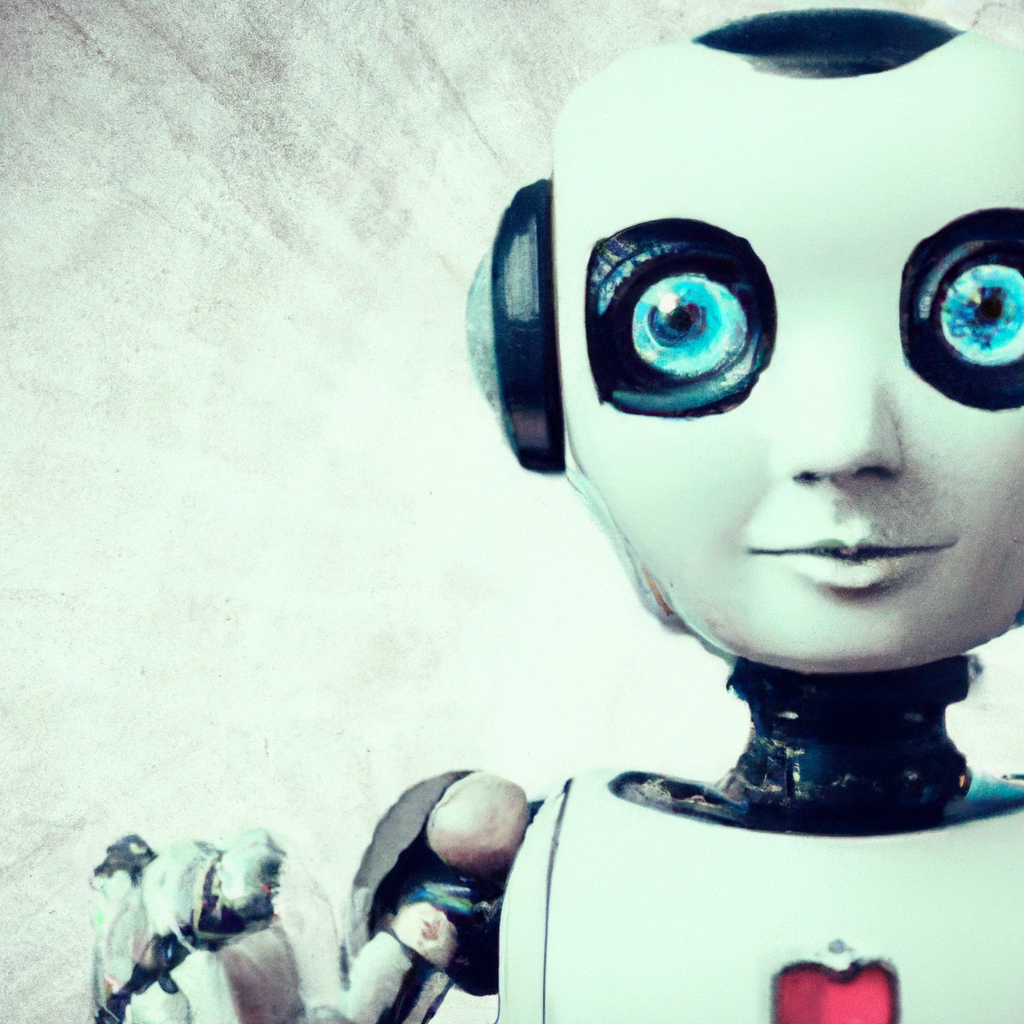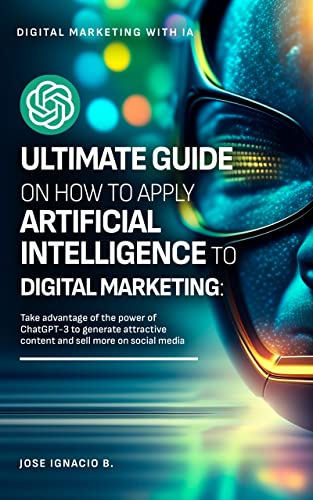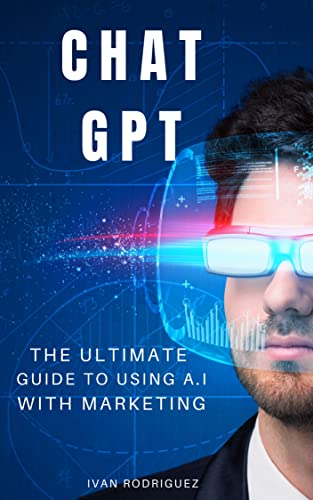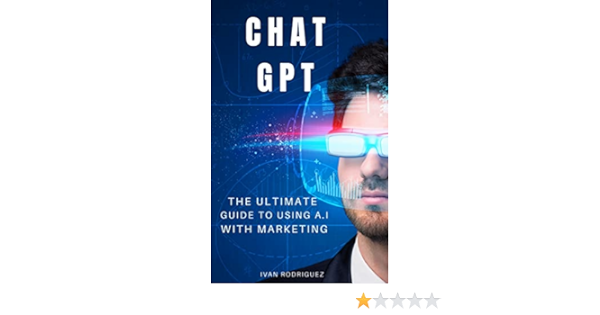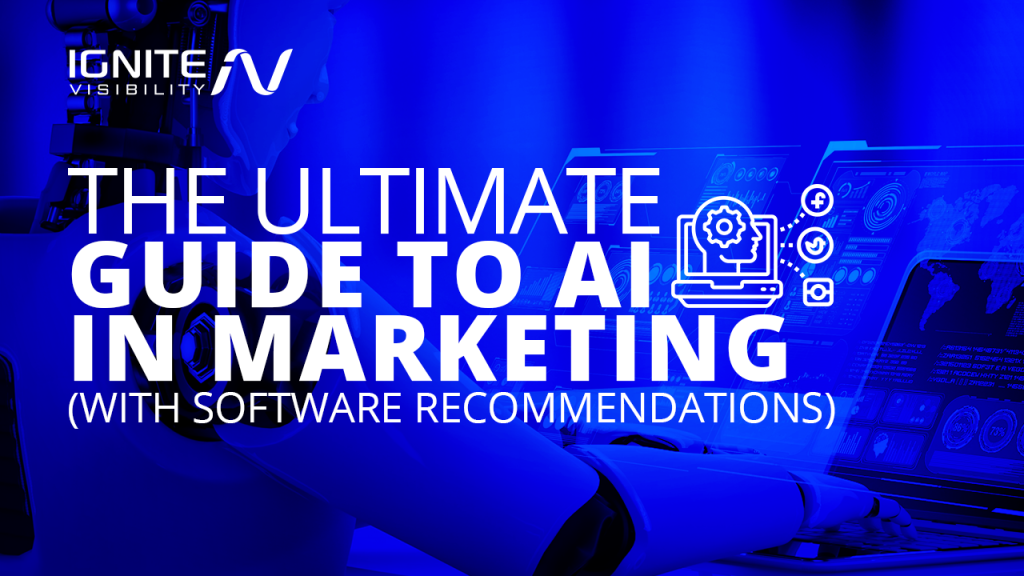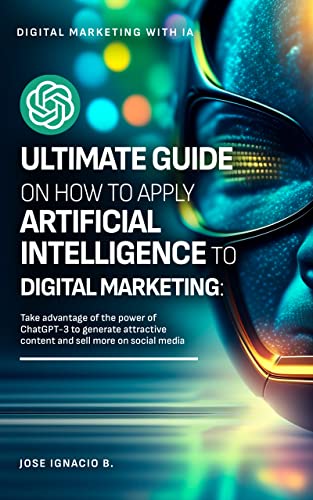So, you’re interested in how people are using AI to create content, huh? Well, you’re definitely in the right place. Artificial Intelligence has come a long way over the years, and it’s now playing a significant role in content creation. From generating written articles and blog posts to even composing music and designing artwork, AI is proving to be a valuable tool for creative endeavors. In this article, we’ll explore the various ways people are harnessing the power of AI to produce engaging and unique content that captivates audiences. Get ready to be amazed by the possibilities!
AI Content Generation
In today’s digital age, AI technology has revolutionized various aspects of our lives, including content creation. With the advancements in Natural Language Processing (NLP) and Text Generation Models, AI has become an invaluable tool in producing high-quality and engaging content. From automated journalism to content curation and recommendation, AI is transforming the way content is created, curated, and shared.
Natural Language Processing
Natural Language Processing, a subfield of AI, focuses on the interaction between computers and human language. It enables machines to understand, analyze, and generate human language, making it an essential component in AI content generation. NLP techniques such as sentiment analysis, named entity recognition, and language translation aid in creating accurate and relevant content.
By utilizing NLP algorithms, AI can understand the nuances of language, helping to produce content that resonates with a specific target audience. NLP also enables AI to extract valuable insights from unstructured data, such as social media posts and customer reviews, which can be used to develop compelling content.
Text Generation Models
Text Generation Models, such as OpenAI’s GPT-3 (Generative Pre-trained Transformer 3), have gained considerable attention in recent years. These models use deep learning techniques to generate human-like text responses based on given prompts. By training on vast amounts of diverse text data, these models are capable of producing coherent and contextually relevant content.
These text generation models have significant implications for content creation. They can generate blog posts, articles, and even entire books, saving valuable time for content creators. However, it’s essential to note that while these models excel in generating text, there is still a need for human oversight to ensure accuracy, proper attribution, and ethical considerations.
Automated Journalism
Automated Journalism combines AI technology with journalism practices, allowing for the creation of news articles and reports without direct human involvement. By leveraging NLP and Machine Learning algorithms, AI-powered systems can analyze data, identify news-worthy events, and generate written content in real-time.
Automated Journalism has been particularly effective in areas such as financial reporting and sports coverage, where data-driven content can be easily generated. These systems can analyze vast amounts of data, provide unbiased reporting, and produce articles with speed and accuracy. However, it is important to strike a balance between automated journalism and human-driven journalism to ensure ethical considerations, quality control, and maintaining public trust.
Data Collection and Processing
The foundation of AI content generation lies in data collection and processing. Gathering relevant and reliable data, and cleaning and preparing it for analysis, is crucial to producing valuable and accurate content.
Gathering Data
AI-driven content creation heavily relies on data, both structured and unstructured. Data can be collected from various sources such as social media platforms, websites, public databases, and even proprietary sources. Depending on the nature of the content, relevant data is gathered to provide insights and support the creation of informative and engaging content.
It is important to ensure that the data collected is representative, diverse, and sourced ethically. An unbiased and comprehensive dataset is crucial for AI algorithms to generate accurate and fair content.
Data Cleaning and Preparation
Before data can be effectively utilized, it often requires cleaning and preparation. Cleaning involves removing irrelevant or duplicate data, dealing with missing values, and handling inconsistencies within the dataset. This ensures that the data used for content generation is accurate and reliable.
Data preparation involves transforming and structuring the collected data into a format that can be easily processed by AI algorithms. This may include tasks such as tokenization, stemming, and creating data subsets for specific analyses. Proper data cleaning and preparation are vital to improving the efficiency and accuracy of content generation algorithms.

Improving Efficiency and Accuracy
To enhance the efficiency and accuracy of AI content generation, several strategies can be implemented. These include automated research, fact-checking, and content localization.
Automated Research
AI-powered systems can greatly assist content creators in the research process. By analyzing vast amounts of data within a short span of time, AI algorithms can identify key information, extract relevant facts, and provide valuable insights. This not only saves time for content creators but also ensures that the content is supported by accurate and up-to-date information.
Automated research allows content creators to delve deeper into specific topics, uncovering niche information that may have otherwise been missed. By leveraging AI for research purposes, content creators can produce comprehensive and well-informed content.
Fact-Checking
Ensuring the accuracy of content is of utmost importance in the digital age. AI algorithms can be utilized for fact-checking, identifying false information, and verifying the credibility of sources. This can significantly reduce the spread of misinformation and create a more reliable content landscape.
Fact-checking algorithms can analyze various sources, both online and offline, to cross-reference information and validate its accuracy. By automating this process, content creators can focus on producing high-quality content while relying on AI to ensure factual accuracy.
Content Localization
In a globalized world, producing content that resonates with specific cultures and regions is essential. AI-powered content localization tools can assist in tailoring content to specific audiences by considering cultural nuances, language preferences, and regional sensitivities.
These tools can automatically translate content, adapt it to local contexts, and optimize it for specific markets. By leveraging AI for content localization, organizations can expand their reach and engage with diverse audiences effectively.
Content Curation and Recommendation
With a staggering amount of content available online, content curation and recommendation systems powered by AI have become essential in helping users discover relevant and personalized content.
Personalized Content Recommendations
AI algorithms can analyze user preferences, historical data, and online behavior to provide tailored content recommendations. Whether it’s suggesting articles, videos, or products, personalized content recommendations help users navigate through the vast sea of information and find content that aligns with their interests.
By continuously learning from user interactions, AI-powered recommendation systems improve over time, providing more accurate and personalized suggestions. This enhances user engagement and satisfaction while enabling content creators to reach their target audience effectively.
AI-powered Content Curation Platforms
AI-powered content curation platforms allow content creators to streamline the content creation process by automatically curating and organizing relevant content from various sources. These platforms utilize AI algorithms to analyze content, identify key themes and topics, and present the most valuable information to content creators.
By automating the content curation process, content creators can leverage AI to discover new perspectives, identify trending topics, and ensure that their content remains relevant and up-to-date. This not only saves time and effort but also enhances the quality of the content being created.

Social Media Management
AI technology plays a crucial role in managing social media platforms, from automated social media posting to engaging with customers through chatbots.
Automated Social Media Posting
Managing social media platforms can be time-consuming, especially for organizations with a significant online presence. AI-powered tools enable automated scheduling and posting of social media content, freeing up time for content creators to focus on other tasks.
These tools can analyze user engagement metrics, identify optimal posting times, and even suggest content based on trending topics. By automating social media posting, organizations can maintain an active online presence and effectively engage with their audience.
Chatbots for Customer Engagement
Chatbots powered by AI have become increasingly sophisticated in recent years. They can handle customer inquiries, provide personalized recommendations, and even perform basic tasks such as processing payments. By leveraging AI for customer engagement, organizations can provide instant responses, improve customer satisfaction, and optimize their content strategy based on user feedback.
Chatbots can also assist in content creation by generating conversational content, answering frequently asked questions, and providing relevant information to users. This not only enhances the user experience but also enables content creators to focus on creating more valuable and engaging content.
Content Analysis and Optimization
AI technology is instrumental in analyzing and optimizing content for improved user experience and search engine rankings.
AI-driven Content Analysis
AI algorithms can analyze various aspects of content, including readability, tone, sentiment, and relevance, to provide insights and recommendations for improvement. By leveraging AI-driven content analysis, content creators can optimize their content to resonate with their target audience effectively.
These algorithms can identify areas of improvement, such as eliminating jargon, improving readability, or making content more engaging. By continuously analyzing and refining content through AI, content creators can ensure that their content remains valuable and impactful.
SEO Optimization
Search Engine Optimization (SEO) plays a vital role in content discovery and visibility on the internet. AI technology can assist content creators in optimizing their content for search engines by analyzing keywords, suggesting relevant tags, and providing insights into search engine ranking factors.
By incorporating AI-driven SEO optimization techniques, content creators can significantly improve the visibility of their content in search engine results, attracting a larger audience and driving more organic traffic. This, in turn, helps in maximizing the reach and impact of the content being created.
Designing Visual Content
AI technology is not limited to text-based content; it can also assist in generating visually appealing and engaging visual content.
Image and Video Generation
AI algorithms can generate images and videos based on given prompts or specifications. By leveraging deep learning techniques, these algorithms can learn and replicate various visual styles, making it possible to create content that aligns with specific branding or design requirements.
Automated image and video generation can be utilized in various applications, such as creating thumbnails, social media graphics, or even producing animated video content. By automating visual content creation, organizations can save valuable time and resources while maintaining consistent and visually appealing content.
Automated Graphic Design
AI-powered graphic design tools have gained popularity in recent years. These tools can analyze user preferences, content specifications, and design trends to generate visually appealing graphics and layouts. By incorporating AI into graphic design, content creators can create professional-looking designs without extensive design skills or experience.
Automated graphic design tools not only save time and effort but also provide content creators with a range of design options and templates to choose from. This ensures that the visual content aligns with the overall brand identity and effectively communicates the intended message.
Voice and Audio Content Generation
AI has also made significant advancements in voice and audio content generation, transforming how we consume and interact with content.
Text-to-Speech Technology
Text-to-speech (TTS) technology has evolved over the years, offering more natural and human-like voices. AI-powered TTS systems can convert written text into spoken words, making content accessible to individuals with visual impairments and enabling new modes of content consumption.
TTS technology can also be utilized in creating audio versions of written content, such as articles or blog posts. This allows users to listen to content on-the-go or in situations where reading may be inconvenient. By incorporating TTS into content creation, organizations can enhance the accessibility and reach of their content.
AI-generated Audio Content
AI algorithms can analyze vast amounts of audio data to generate new audio content. This includes tasks such as creating background music, producing podcasts, or even generating voiceovers. By leveraging AI-generated audio content, content creators can diversify their offerings and engage their audience through new and immersive audio experiences.
Additionally, AI-driven audio content generation can assist content creators by automating tasks such as transcribing audio recordings or creating subtitles for videos. This saves time and effort, allowing content creators to focus on producing valuable and engaging content.
Virtual Assistants and Chatbots
Virtual assistants and chatbots powered by AI have become integral in assisting users in various tasks and interactions.
AI-powered Virtual Assistants
AI-powered virtual assistants, such as Siri, Alexa, or Google Assistant, have become widely adopted in households and personal devices. These virtual assistants can perform tasks such as answering questions, setting reminders, or providing personalized recommendations.
Virtual assistants are not only helpful to individuals but can also be utilized in content creation. They can assist in generating content ideas, conducting research, or providing real-time data updates for news articles. By incorporating virtual assistants into content creation workflows, content creators can optimize their productivity and access valuable resources easily.
Chatbots for Content Creation
Chatbots powered by AI can assist content creators by generating conversational content, engaging with users, and providing intelligent responses. These chatbots can be integrated into various platforms such as websites, messaging apps, or social media platforms.
Chatbots can help content creators with tasks such as answering frequently asked questions, providing product recommendations, or even creating interactive storytelling experiences. By leveraging chatbots for content creation, content creators can enhance user engagement, provide personalized content experiences, and streamline their content creation processes.
Ethical Considerations
While AI content generation offers numerous advantages, it also raises ethical considerations that need to be addressed.
Bias and Fairness
AI algorithms are trained on vast amounts of data, which can sometimes contain biases. These biases can be reflected in the generated content, perpetuating stereotypes or favoring certain perspectives. Content creators must be aware of these biases and take steps to ensure fairness and objectivity in their content.
It is crucial to regularly evaluate and correct biases in AI models by diversifying training data sources and implementing ethical review processes. By prioritizing fairness and inclusivity, content creators can ensure that their AI-generated content is representative and respects diverse viewpoints.
Plagiarism and Copyright
AI content generation raises concerns related to plagiarism and copyright infringement. Since AI models learn from vast amounts of data, there is a risk of generating content that closely resembles existing works without proper attribution.
Content creators must ensure that AI-generated content respects copyright laws and intellectual property rights. Human oversight is necessary to review and validate AI-generated content, ensuring that it is original and does not infringe upon the rights of others.
Human-AI Collaboration
Maintaining a balance between human creativity and AI automation is vital. While AI algorithms can generate content efficiently, they often lack the creativity, emotional intelligence, and moral judgment that humans possess.
Content creators need to collaborate with AI systems, utilizing their capabilities while adding their unique perspectives and expertise. Human intervention helps in infusing creativity, authenticity, and ethical considerations into AI-generated content, ensuring that it resonates with audiences and aligns with organizational values.
In conclusion, AI technology is revolutionizing content generation in numerous ways. From Natural Language Processing and Text Generation Models to automated journalism and content curation platforms, AI is enhancing efficiency, accuracy, and personalization in content creation. However, ethical considerations such as bias, plagiarism, and human-AI collaboration must be addressed to ensure the responsible and impactful use of AI in content generation. With the right approach, AI will continue to reshape the content landscape, providing new possibilities and opportunities for content creators.


